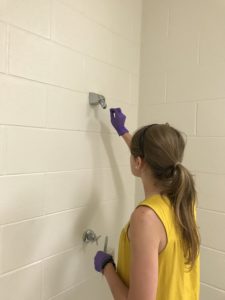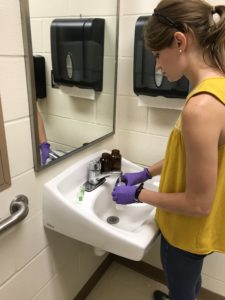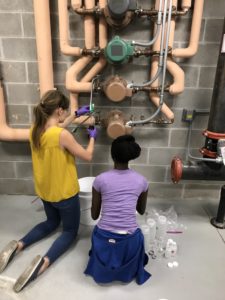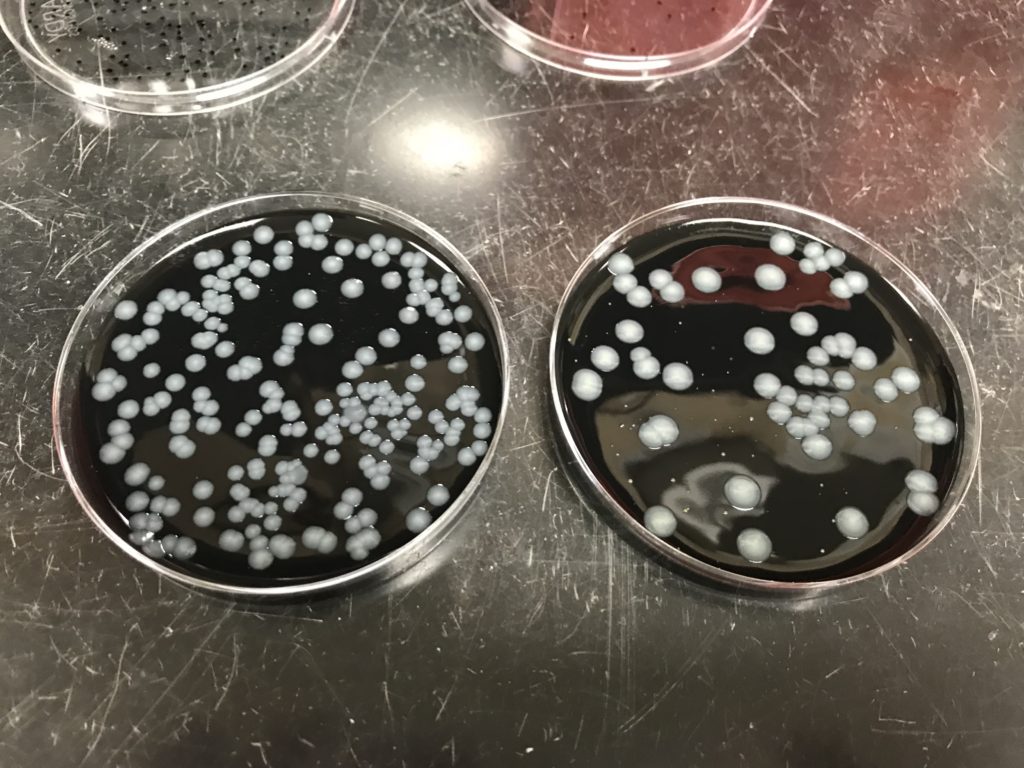AW Lab is one of the team members of the EPA funded National Priorities Project: Impacts of Water Conservation on Water Quality in Premise Plumbing and Water Distribution Systems.
Our research partners: Purdue University, Michigan State University and Manhattan College.
Opportunistic pathogens in premise drinking water have and continue to cause waterborne disease outbreaks across the country. Opportunistic pathogens present a serious human health risk because exposure can be debilitating and even fatal. These organisms include the thermophilic bacterium Legionella pneumophila, Pseudomonas aeruginosa, and Mycobacterium avium as well as the brain-eating amoeba Naegleria fowleri. The increasing occurrence of low flows in building plumbing and water distribution systems presents an emerging health concern because these pathogens can easily multiply under low-flow conditions. Our project goal is to better understand and predict health risks posed by declining water usage and low-flows in premise plumbing. Health risks in residential and commercial buildings caused by pathogen proliferation must be minimized through water infrastructure design, operation and maintenance decisions, and codes. We will create new knowledge that identifies piping network design and operational conditions that can decrease microbial risks.
Project objectives are to:
(1) Improve the public’s understanding of decreased flow and establish a range of theoretical premise plumbing flow demands from the scientific literature and expert elicitation with our strategic Partners;
(2) Elucidate the factors and their interactions that affect water quality through fate and transport simulation models for residential and commercial buildings; and
(3) Create a risk-based decision support tool to help guide decision makers through the identification of premise plumbing characteristics, operations and maintenance practices that minimize health risks to building inhabitants.



Collecting water and biofilm samples from building plumbing and water distribution systems

Detection of opportunistic pathogens, Legionella in drinking water using cell culture.
Integrated Modeling Framework

